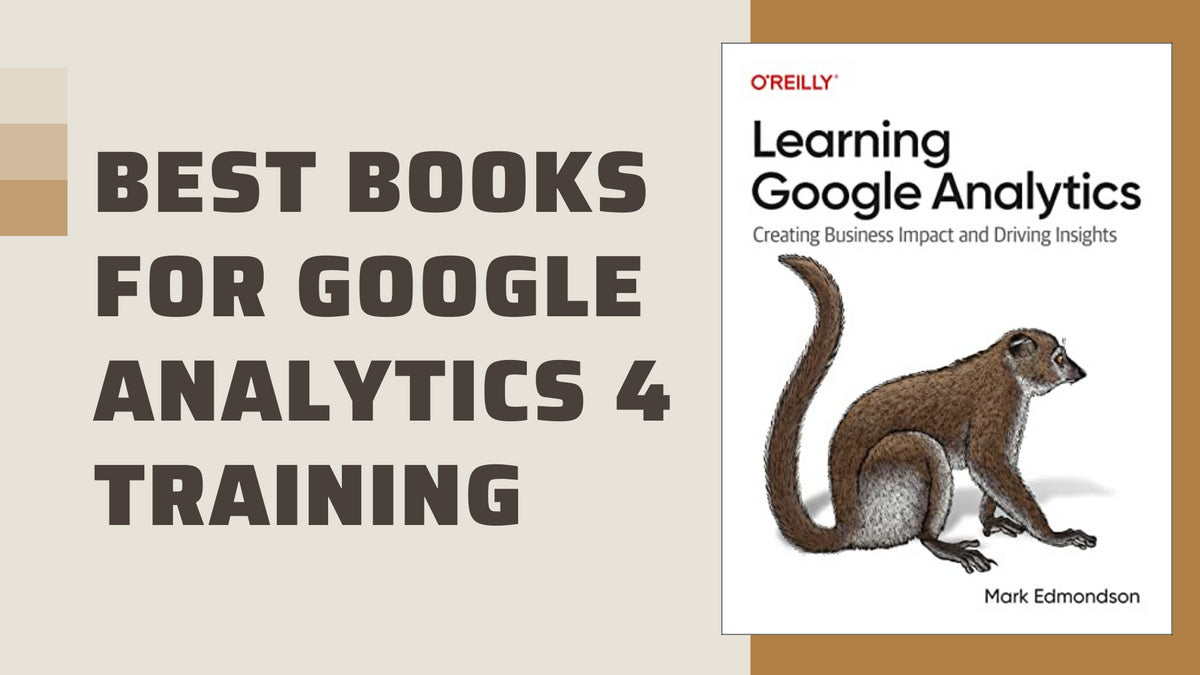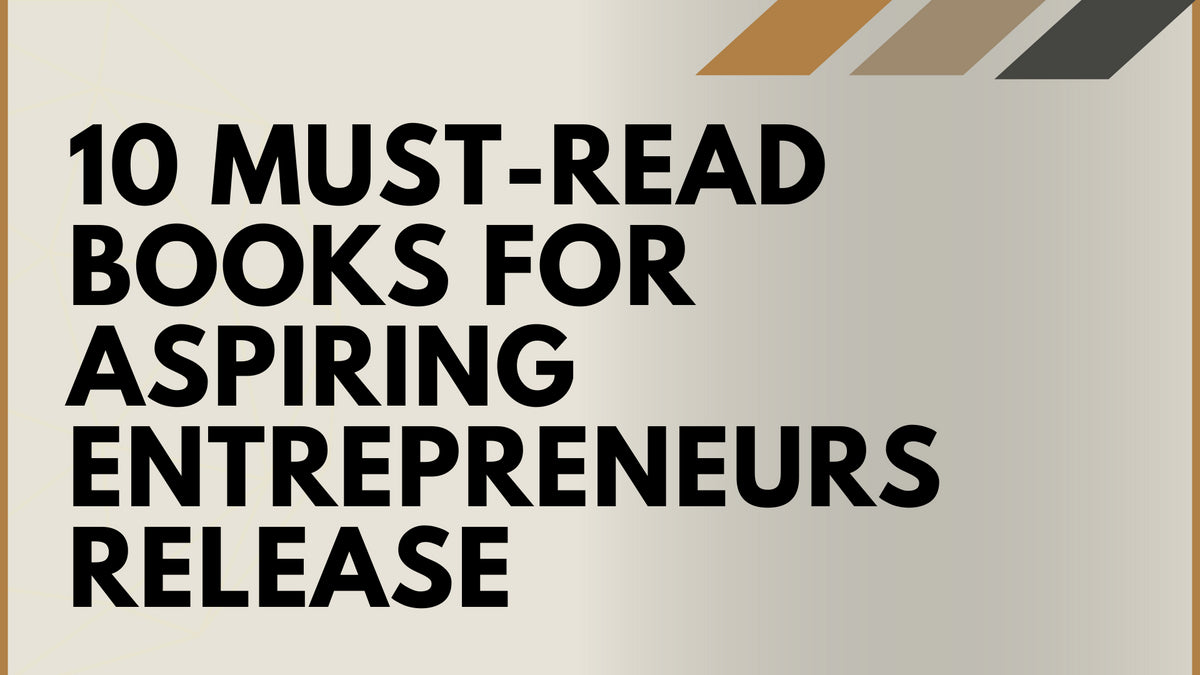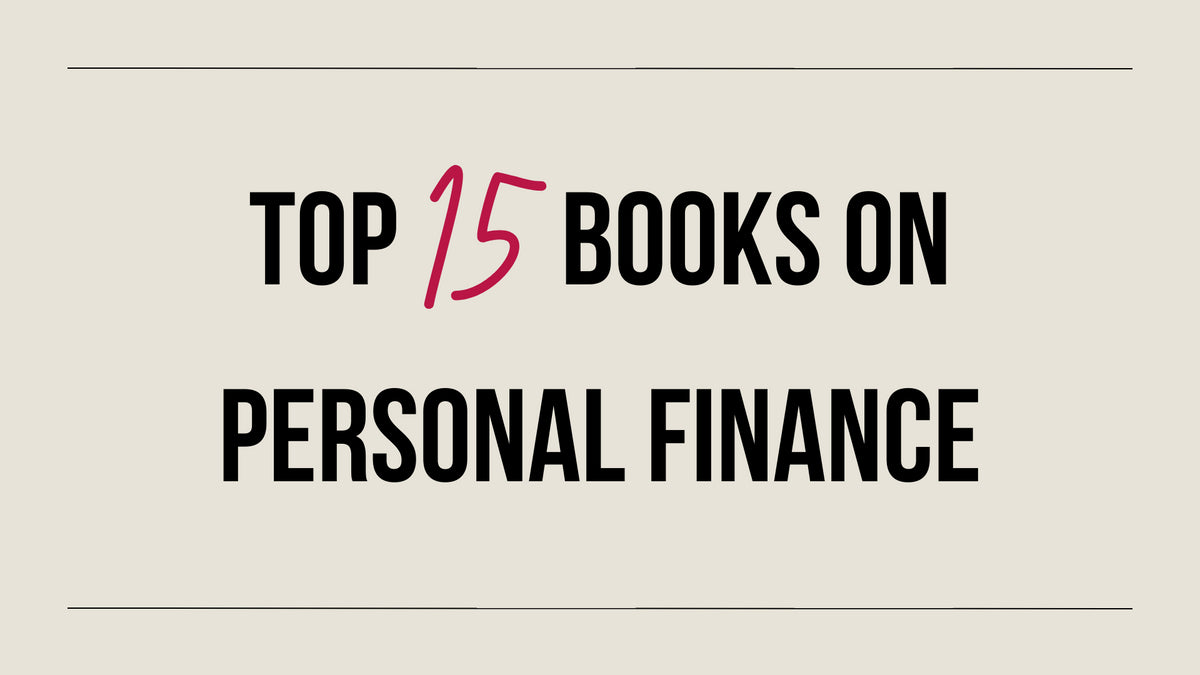Your Cart is Empty
It’s Called Work for a Reason! Book Summary: Book To Teach You To Work Hard
Listen To This Article
Book To Teach You To Work Hard
If you want to be the best worker, manager, or owner of a business, you have to not only put in a lot of effort, but deal with discomfort. A lot of that discomfort comes from recognizing uncomfortable truths about your daily work experience. A number of practical and, at times, brutal topics are brought to the table in the book.Results VS Process
- The modern-day lowered expectations for most workers’ performance
- The simple things in business being key to ongoing success (and ignoring them being the source of failure)
- The oversized importance of results over process
- The value of being invaluable
- Ethics as an absolute
- Service being the heart of all business endeavors, inside and outside of an organization, on a macro and micro level

Featured In This Review
It’s Called Work for a Reason!
$13.16
A no nonsense look at what it takes to succeed in business and work. Why employees aren't working as hard as they can and how to change it. What kind of example a great leader must set. And what kind of standards to hold people to are all discussed in this book. Read and be motivated!
SHOP NOWIt’s Called Work for a Reason! Book Summary
Much like Larry Winget’s previous (and more recent) works, It’s Called Work for a Reason! is meant as both a guide on how to be the best you can be, while also existing as a commentary on the modern work world. Winget’s “irrational” approach is meant to deliberately ruffle the feathers of its audience, particularly those with a sense of introspection.
This might be off-putting to those who do not like the idea of unpleasant criticism (and, in some cases, some might see this approach as borderline bullying, depending on the reader’s own personal level of sensitivity). However, for those readers who actively want to do better and are willing to look within themselves to find the source of their own issues, this book can be helpful at worst and profoundly cathartic at best.

The book starts with an angry call-to-action chapter on the very concept of how most people work (or in most cases, only partially work). Winget breaks down how much the average workforce lollygags through the workweek, only spending about half their time on actual work tasks. The rest of that time, Winget argues, is spent socializing, web surfing, and stretching out breaks and lunches longer than they are supposed to be. An entire book dedicated to solving this problem is The Workplace Engagement Solution.
Management tends to focus on process instead of results, and the importance of looking busy, to many leaders, is more important than what’s actually getting done. Near the end of that first chapter, Winget goes so far as to argue that by stretching those breaks and lunches, not putting in the best effort and skimping on customer service is an act of theft, whether intentional or not. In his best selling book The 4 Hour Workweek, Tim Ferriss calls the poisonous act of looking busy W4W, or Working for Work sake.
Want to buy a book review like this?
Click here to learn how to get your book reviewed!
Once past this opening, It’s Called Work for a Reason! comes with lessons, arguments and anecdotes in thematic chapters. In the chapter on success, the main takeaway is that complicated tasks seem to work out on their own, and the simple tasks that most people are aware of lead to the most success, like treating people nicely, having goals, being flexible, taking responsibility, and so on. Extreme Ownership is a great book to read on this topic.

Other points argued by Winget include issues like the societal overvaluing of observing or “watching,” as opposed to “doing,” the importance of paying people well, the mistake of valuing passion and enthusiasm as a necessity for work performance (though Winget frequently adds as an aside, “but it helps”), the importance of respecting fellow employees, customers and even the competition, and the acknowledgement that everything is not always going to be fine in a workplace. The Messy Middle is a book written by the founder of Behance covers all this as well.
Even in a business book designed to “irritate” both employees and employers, there are a number of items that employees might bristle at, not due to the harshness of the material, but due to the bias towards employers. Winget himself is fond of the old joke quote from the old Wizard of ID comic strip (in essence, “whoever has the gold makes the rules”), and it shows.

There is a good portion of text specifically decrying the idea of suing an employer for being injured on the job, as well as other jabs about “taking back our businesses from the control of the government and the control of the labor unions,” even though labor union membership is nowhere near the number of union members 40 or 50 years ago, and a lot of the public sector union membership across the country, especially in right-to-work states, have less bargaining options and power than they have had in the past.
One might think Winget is playing to the crowd that hires him for speaking engagements in these passages, if not being outright political in a book that one might not expect to be very political. Just a heads up.

On the other hand, Winget pulls no punches with management and employers in terms of work environment and priority management. Speaking specifically about the expectation some employers have in regards to people coming in early and leaving late as a regular habit, “routinely, a job can be done in the number of hours for which you are paid. Don’t reward someone for being a workaholic. It isn’t healthy and it sends the wrong signals both to the workaholic and to other employees.” Quite the opposite sentiment is shared in the book Ogilvy On Advertising, where Jeff Ogilvy is quoted as saying: “Hard Work Never Killed A Man.”
In the end, Winget summarizes his most important points hammered home throughout the book into two separate lists of 12 rules – one for employees, and one for employers, as an easy takeaway for those who have made it through and found it to be what they needed to read.
About The Author Larry Winget
Larry Winget is a self-help author, entrepreneur and motivational/corporate speaker. He started his professional career in Oklahoma with a telecom company after working for the Bell system, and transitioned into writing and speaking in the 1990s.
His approach has changed dramatically over the years, starting with a more comedic approach and moving towards a more confrontational, old-school “black and white” approach to his audiences.
His breakthrough self-help book Shut Up, Stop Whining and Get a Life was published in 2004, becoming a New York Times bestseller, and led to a number of similarly-themed books on various aspects of life, such as You’re Broke Because You Want to Be, Your Kids Are Your Fault and What’s Wrong with Damn Near Everything. He hosted the A&E Network reality series Big Spender and currently resides in Arizona.
Want to buy a book review like this?
Click here to learn how to get your book reviewed!
Leave a comment
Comments will be approved before showing up.
Also in Books

The Best Books for Google Analytics 4 (GA4) Training
Unlock the secrets of Google Analytics 4 with our curated list of the best GA4 training books for 2023! Dive deep into actionable insights, master advanced techniques, and lead the digital analytics revolution. Don't get left behind; discover the ultimate resources to dominate GA4. Click now to elevate your skills!
Read More
10 Must-Read Books for Aspiring Entrepreneurs
Do you dream of starting your own business? If so, you need to read this article! We've compiled a list of 10 must-read books for aspiring entrepreneurs. These books will provide you with the knowledge and inspiration you need to turn your dream into a reality. Click here to read the article and learn more!
Read More
Top 15 Books on Personal Finance
Are you looking for a safe and informative place to learn about personal finance? If so, you've come to the right place! This article discusses the top 15 personal finance books on the market, all of which are sure to help you improve your financial situation without any explicit sexual descriptions or that is sexually suggestive in nature or is primarily intended to cause arousal.
Read More